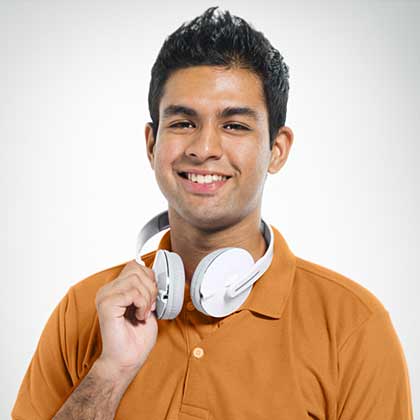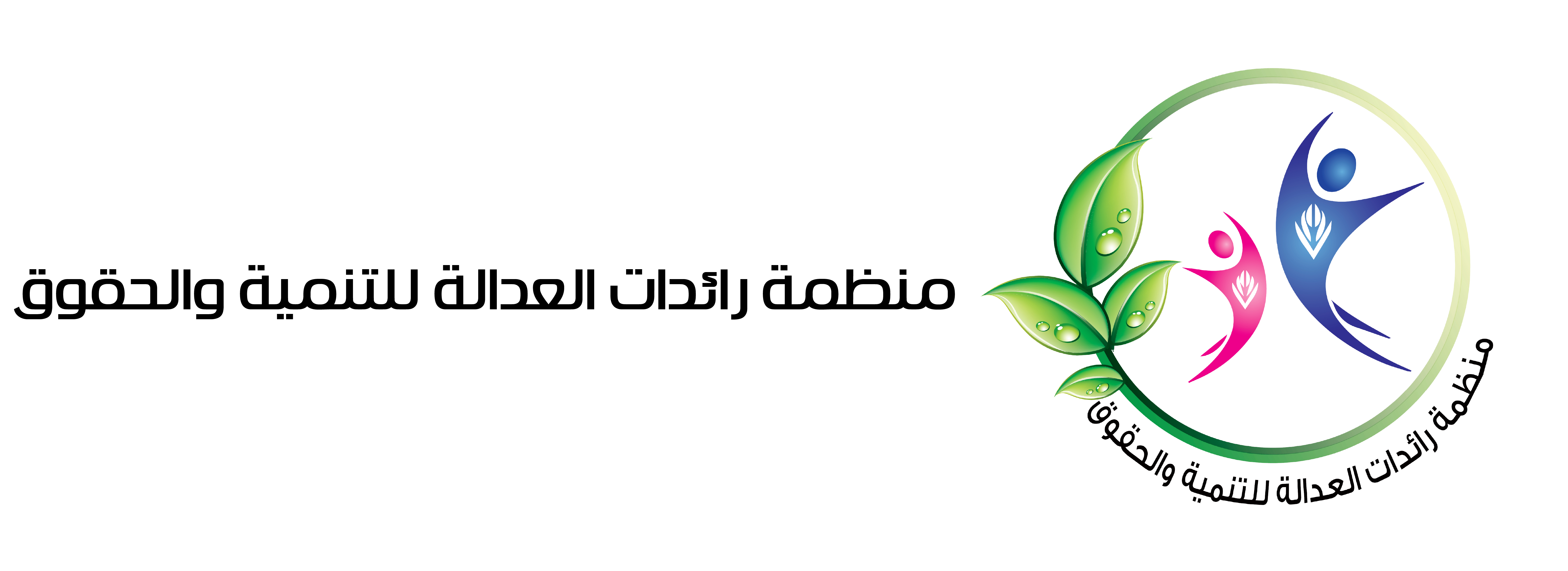
PHOTO BRANDING

PHOTO EDITING

PHOTOSHOT

IMAGE UPLOAD

WE ARE CREATIVE PHOTOGRAPHERS

OUR WORK
Urbanitas similique ex nam paulo temporibus ea vis id odio adhuc nostrum eos.
OUR SERVICES
Urbanitas similique ex nam paulo temporibus ea vis id odio adhuc nostrum eos.

STUDIO PHOTOSHOOT

PORTFOLIO

ADVERTISING PHOTO

STREET PHOTOS

SUMMER SHOOTS

FAMILY PHOTO
15000
1204
450
360
MEET OUR TALENTED TEAM
Urbanitas similique ex nam paulo temporibus ea vis id odio adhuc nostrum eos.

Marissa Mayer
Photographer
Aenean consectetur ipsum ante, vel egestas enim tincidunt quis. Pellentesque vitae congue neque.

Elon Musk
Photographer
Aenean consectetur ipsum ante, vel egestas enim tincidunt quis. Pellentesque vitae congue neque.

Sheryl Sandberg
Photographer
Aenean consectetur ipsum ante, vel egestas enim tincidunt quis. Pellentesque vitae congue neque.

Jonathan Ive
Photographer
Aenean consectetur ipsum ante, vel egestas enim tincidunt quis. Pellentesque vitae congue neque.
IF YOU SHOULD NOT ENOUGH IMAGE OF YOU, NOT YET YOU'VE GOT NEAR.
Ut enim ad minim veniam, quis nostrud exercitation ullamco laboris nisi ut aliquip ex ea commodo consequat.
Duis aute irurelor in eluem reprehenderit in voluptate velit esse cillum dolore eu fugiat nulla pariatur.
sunt in culpa quie erunt mollit anim id est
OUR BLOG
Urbanitas similique ex nam paulo temporibus ea vis id odio adhuc nostrum eos.
Lorem ipsum dolor sit amet, consectetur adipiscing elit. Morbi volutpat gravida lectus, at...
It won’t be a bigger problem to find one video game lover in your neighbor. Since the introduction of Virtual...
Lorem ipsum dolor sit amet, consectetur adipiscing elit. Morbi volutpat gravida lectus, at...
CONTACT US
Urbanitas similique ex nam paulo temporibus ea vis id odio adhuc nostrum eos.
Office Adress
Phone Number
+212 617 713 251
Email Adress
weinnovat@weinnovat.com






